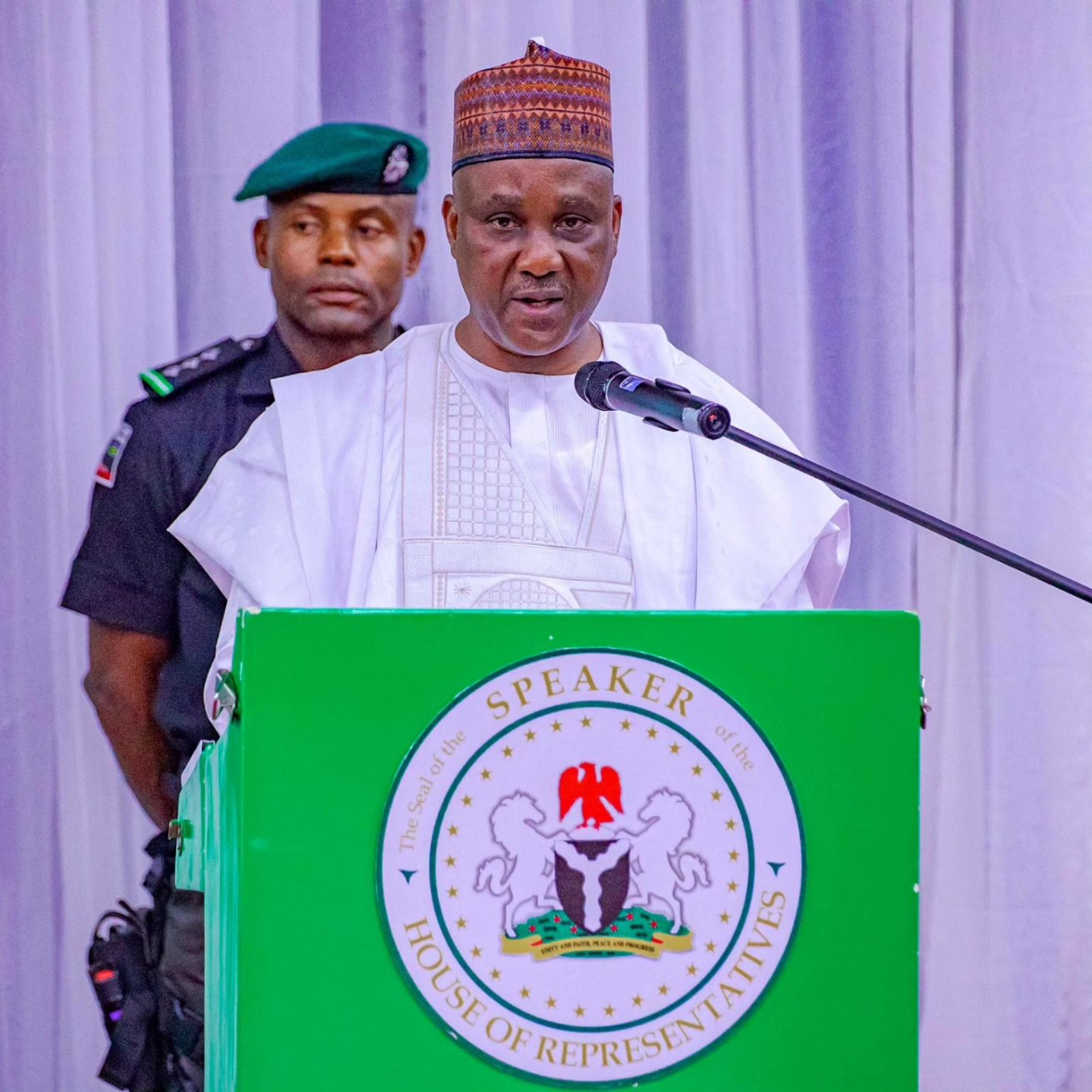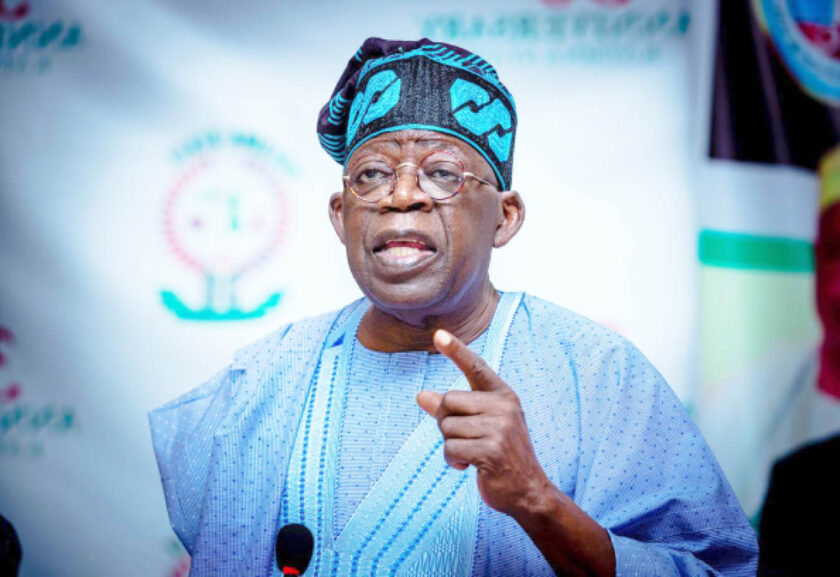Speaker of the House of Representatives, Abbas Tajudeen, has withdrawn a controversial bill that aimed to make voting mandatory for eligible Nigerians. This marks his second legislative reversal in nine months following public outcry against proposals widely condemned as undemocratic.
Civil society groups, legal experts, and citizens strongly opposed the bill, describing it as unconstitutional and unworkable. The legislation sought to amend the Electoral Act 2022 by introducing a six-month jail term or a N100,000 fine for any registered voter who failed to vote in national, state, or local elections.
Abbas, alongside co-sponsor Daniel Asama Ago, had pushed the bill through its second reading on May 15. Officially titled A Bill for an Act to Amend the Electoral Act, 2022 to make it Mandatory for Nigerians of Maturity Age to Vote in All National and State Elections and for Related Matters (HB.1930), the proposal aimed to boost civic participation and voter turnout, which remain low across Nigeria.
On Sunday night, Abbas announced the withdrawal through a statement issued by his Special Adviser on Media and Publicity, Musa Abdullahi Krishi. He cited “extensive consultations with a broad spectrum of stakeholders” as the reason for pulling the bill.
He explained that while he introduced the bill with good intentions, he recognised that lawmaking must reflect the will of the people. “The Speaker acknowledges that lawmaking is ultimately about the people it serves, and that any reform must respect individual freedoms and public sentiment,” the statement said.
Abbas said he would now pursue strategies that encourage voter turnout through “positive incentives and innovative approaches,” rather than coercion.
Legal experts and civil rights advocates had condemned the bill. Prominent human rights lawyer and Senior Advocate of Nigeria (SAN), Femi Falana, labelled the proposal “unconstitutional,” arguing that it violated citizens’ rights to privacy, freedom of conscience, and freedom of expression under the 1999 Constitution.
Groups such as Yiaga Africa, CISLAC, and CHRICED also warned that the bill effectively criminalised a fundamental right. Yiaga Africa’s Executive Director, Samson Itodo, said the bill, if passed, would have undermined the foundations of Nigerian democracy.
While acknowledging the need to address Nigeria’s low voter turnout—less than 30 percent in the 2023 general election—Itodo called for reforms that remove systemic obstacles rather than impose penalties.
He urged the National Assembly to focus on electoral reforms that rebuild public trust, ensure election integrity, and eliminate structural barriers to participation. Recommended reforms include early voting for election workers, mandatory electronic transmission of results, and the creation of an Electoral Offences Commission.




